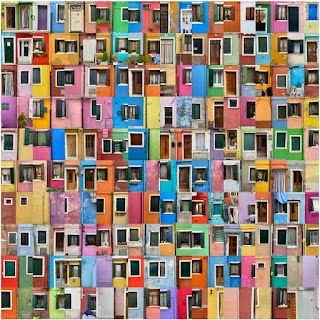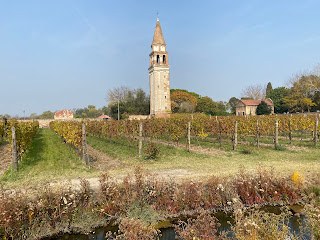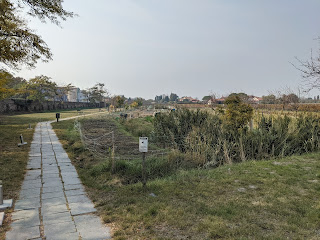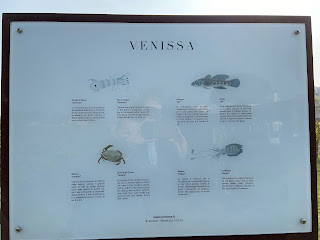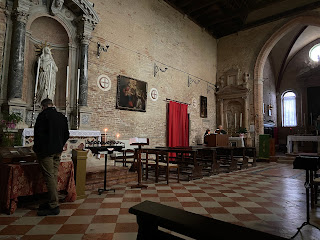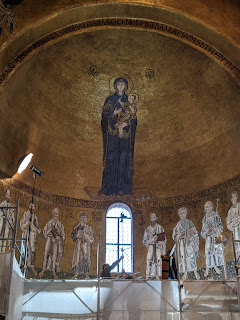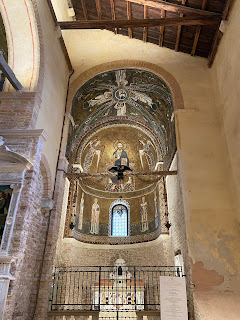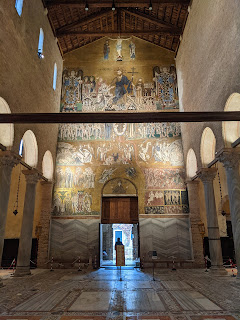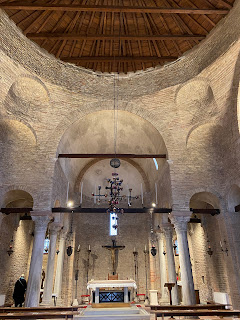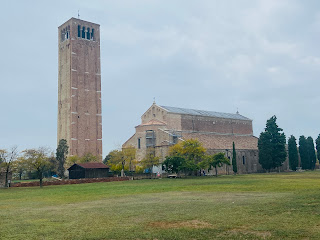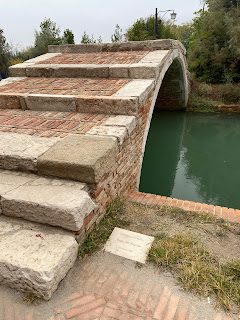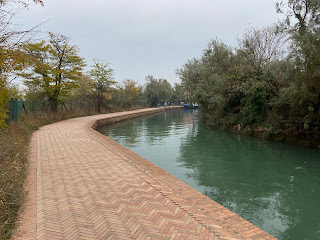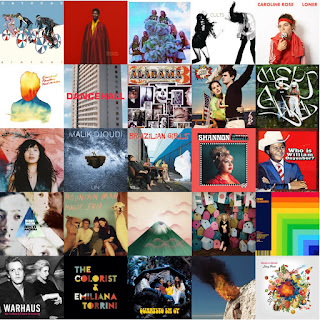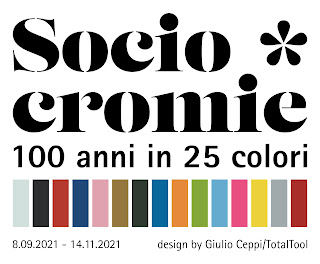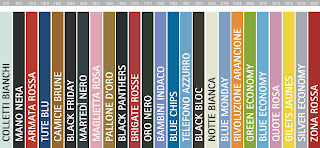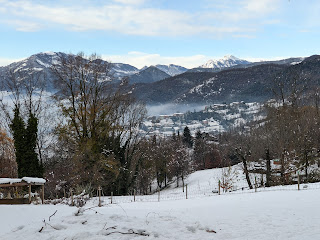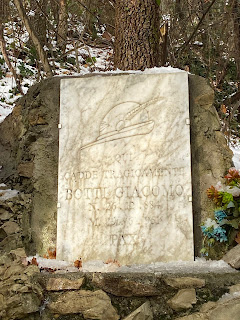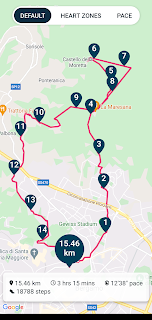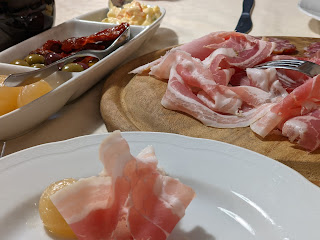Left: A collage of 100 color changes between houses in Burano, Italy. Right: The Island of Mazzorbo, Venice - Campanile di Sant'Angelo.
Overview
Burano is a charming island in the Venetian lagoon famous for its brightly colored houses and lacework. Most visitors to Burano come for a few hours from nearby Venice. We instead decided to stay two nights on Burano and can say that it was worth it.
If you have time and want to travel "slow", then consider spending at least one night if not two on Burano. Burano is connected to the Island of Mazzorbo, and the Island of Torcello is a 5-minute boat ride away. So, there are three islands to explore. Here was our itinerary for a two-day mid-October visit:
Day 1
- Arrive from Venice and get off at the Mazzorbo stop (one stop before Burano on ferry line 12).
- Explore Tenuta Venissa vineyards and gardens, stop and admire the Campanile di Sant'Angelo, and walk around Parco Mazzorbo.
- Lunch at nearby Trattoria alla Maddalena alongside the canal watching the occasional ferry pass by.
- Take footbridge to Burano and settle in our lodging Ca' Comare. (We were travelling light with just backpacks so we could defer check-in to when we wanted.)
- Explore Burano: the church of Sant Martino and it's leaning belltower, Bepi's house, and in general get lost and enjoy being flâneurs.
- Light dinner at In Pescaria Vecia with a drink and cicchetti, while staring out into the early-evening lagoon.
- Head over to the Island of Torcello.
- Visit the Museum of Torcello, Chiesa di Santa Fosca, and Basilica di Santa Maria Assunta.
- Casual lunch, outside in a park setting at Taverna Tipica Veneziana.
- Back to Burano
- Cross footbridge to Mazzorbo
- Walk to charming and quiet Chiesa Santa Caterina.
- Explore the architecture of Giancarlo de Carlo in the residential complex along Calle Larga Bassan.
- Dinner at at charming Trattoria al Gatto Nero.
- Leave late morning for Venice; we would spend 3 nights in Venice.
Trattoria da Romano is the most famous place to eat on Burano. Much has been said about it. We decided to avoid it and opted for the Trattoria al Gatto Nero, which turned out to be a great meal and good experience getting to know the owners.
The connection of Mazzorbo to Burano creates a lot of walking opportunities. Think of it as urban hiking with lagoon views.
Finally, the color of the houses. Is it random? No, there is a system to the colors, and you request permission when repainting your house as to what color you can use. This is what one local told us. Also, why are the Burano houses brightly colored? That same local told us that women came up with the idea so that their husbands returning from the day out fishing could find their way back to the correct house, correct bed, and correct wife. While it may not be strictly true, we like this explanation.
We were fascinated not just by the colors but the juxtaposition of the colors and created the collage in this post. It reminded us of a mixed-up Pantone guide. We are sure you can find some Pantone colors of the year in the collage.

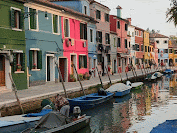
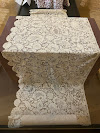
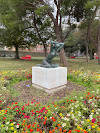

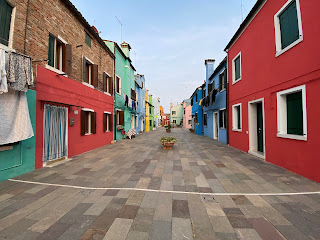

Left: Burano street with laundry. Center: Burano neighborhood with colorful houses. Right: Burano market area with marble tables for fishmongers.
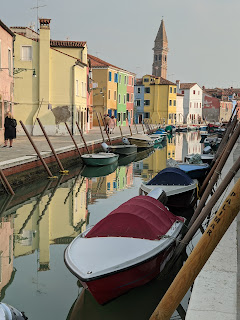
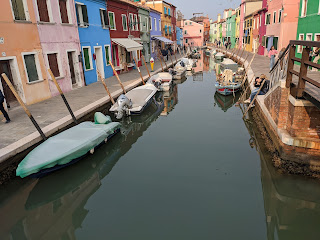
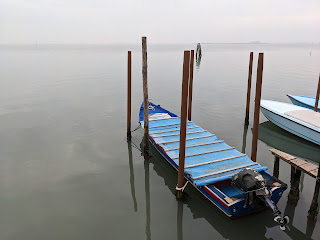
Left: Burano - Rio della Giudecca canal. Center: Burano - Rio di San Mauro canal. Right: View south from Burano - late afternoon - toward Venice.
Left: Mazzorbo and Venissa vineyard. Center: Parco di Mazzorbo. Right: The cemetery of Mazzorbo.
Left: Information about the fish and crustaceans in the lagoon, including the Grass goby (fish), called gò in dialect. Center: Information about Venissa and the Dorona wine. Right: Mazzorbo church of Santa Caterina.
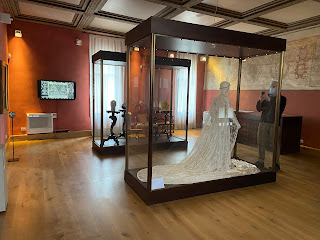
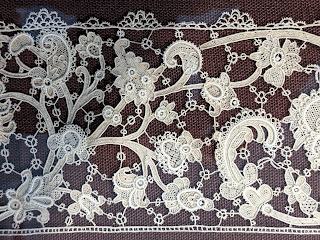
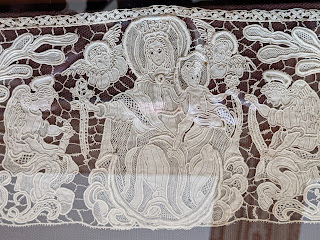
Left, center left, and center: Torcello - Basilica of Santa Maria Assunta mosaics. Center right: Torcello basilica floor. Right: Church of Santa Fosca on the Island of Torcello.
The Island of Torcello. Views of the basilica and belltower, Ponte del Diavolo, and the path leading from ferry stop to church and museum.
Torcello - Museo Provinciale di Torcello artefacts.
